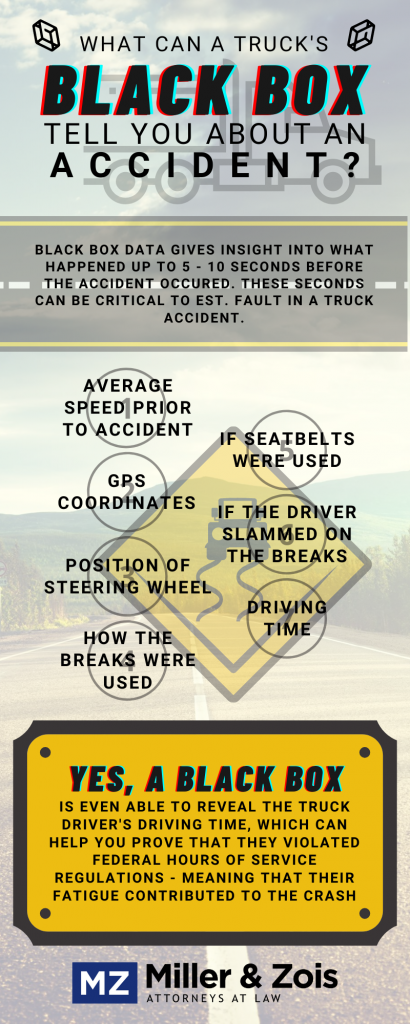Experienced truck accident lawyers know that when beginning to investigate a new matter, it is extremely important to hit the ground running. Why? Because the moment the client signs the retainer, you are already behind. Most likely, you are significantly behind.
Why? Because the trucking company and its’ defense team had a head start. The lawyers who defend trucking companies with regularity have a 24-hour crash line (ok, an associate with a cell phone) for the company to call immediately after the crash. As soon as dispatch knows there has been an accident, they call the number. Once the lawyer gets the call, they hustle to get somebody out to the scene. They call a reconstructionist who will be able to get there while the evidence is fresh and undisturbed. They get the vehicles and the scene photographed, and they get an investigator moving to obtain statements from the witnesses. This has all most likely happened before the injured person even thinks to call a lawyer.
On the other side, let’s assume the accident victim is badly injured. He’s in the hospital for two weeks. After he stabilizes, he begins the search for a personal injury lawyer. After talking with a few lawyers, he takes another week to decide which one he likes best and to sign a retainer. At that point, the lawyer has only had a client to represent for 5 minutes, and he’s already 3 weeks behind the defense in his investigation.
 Baltimore Injury Lawyer Blog
Baltimore Injury Lawyer Blog


 Lawyers who do not regularly handle injury cases from truck accidents often think it is simply another car accident case, only with bigger vehicles. This could not be more wrong.
Lawyers who do not regularly handle injury cases from truck accidents often think it is simply another car accident case, only with bigger vehicles. This could not be more wrong. 